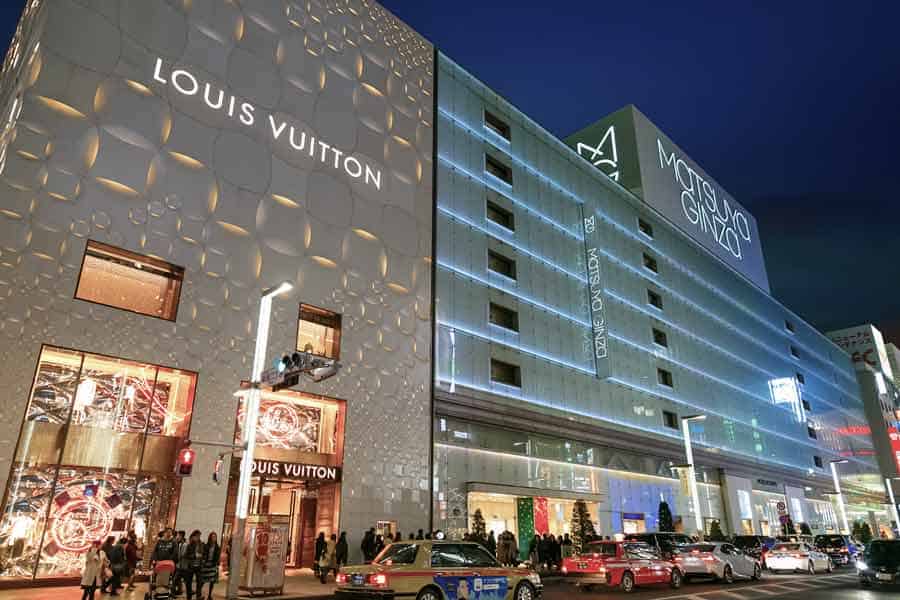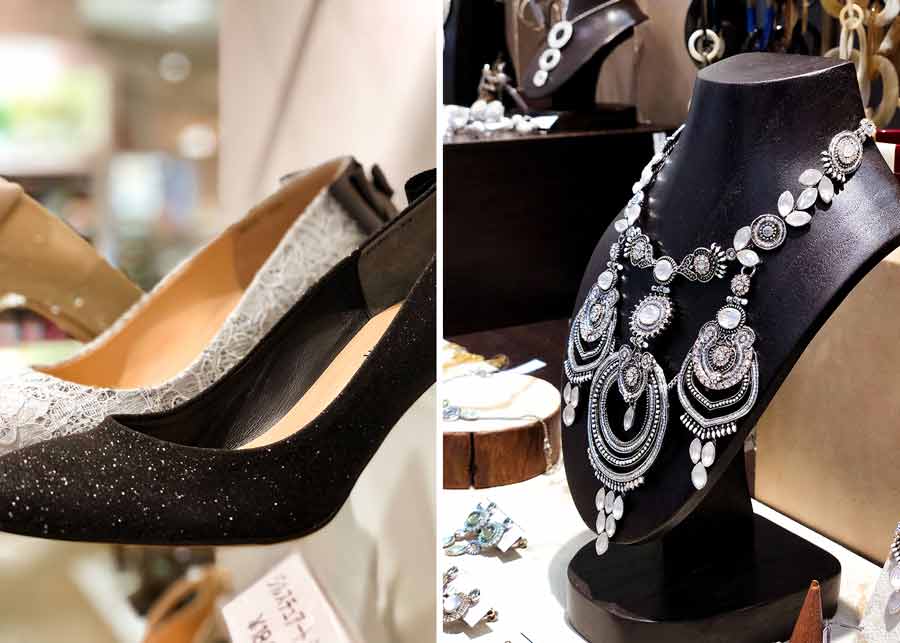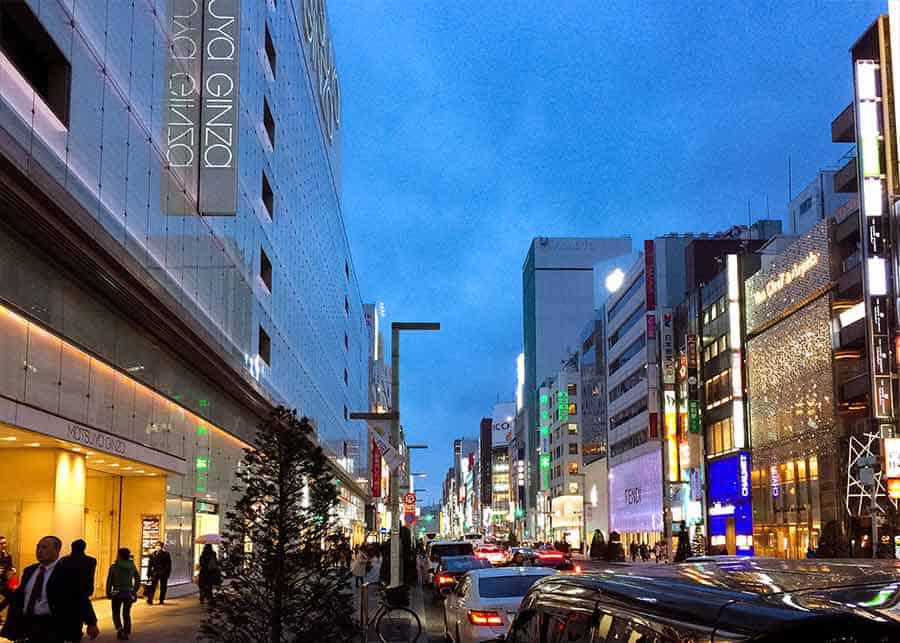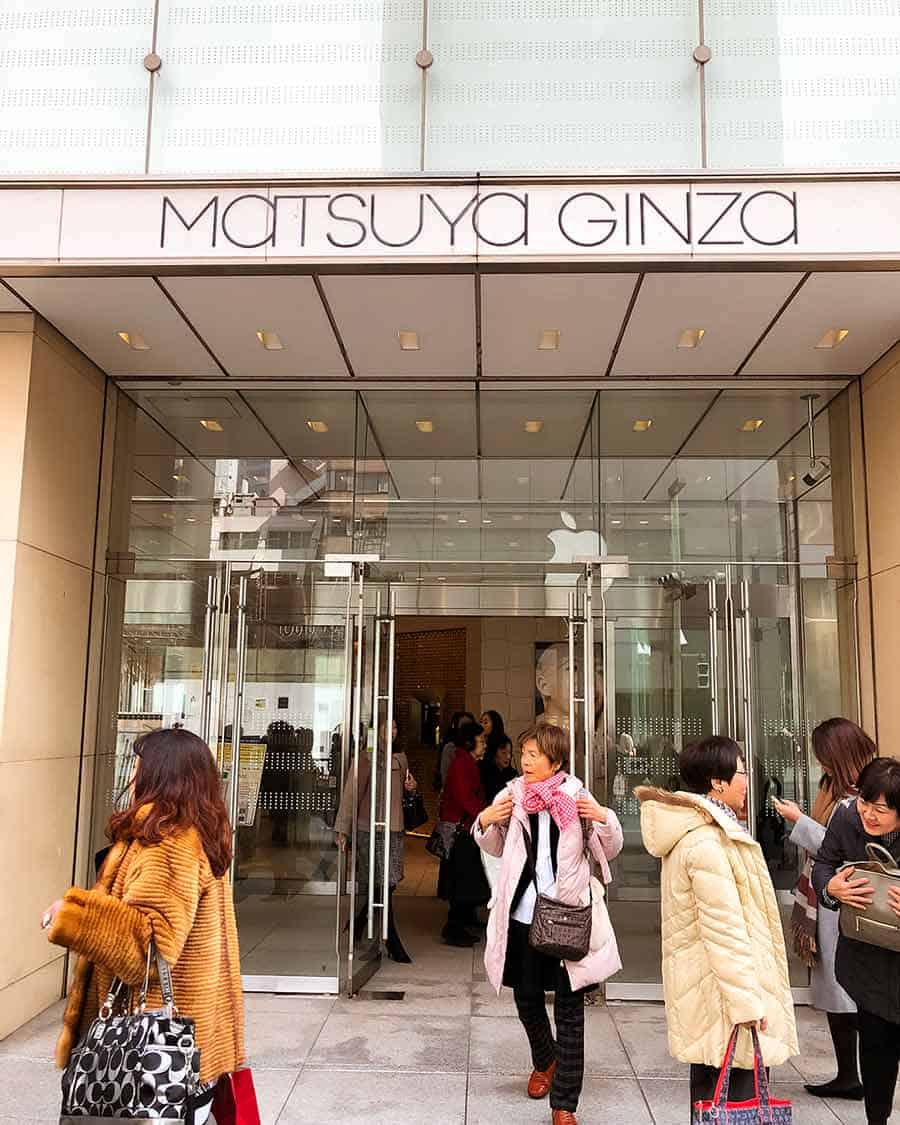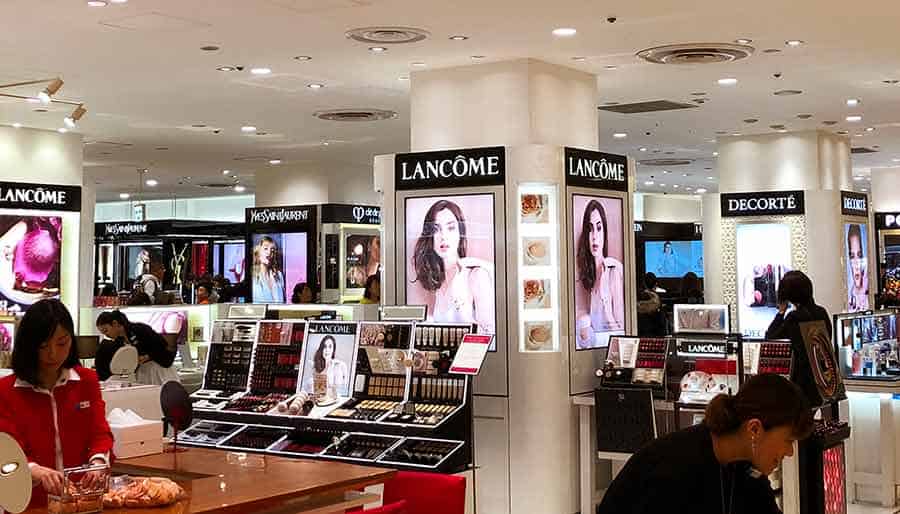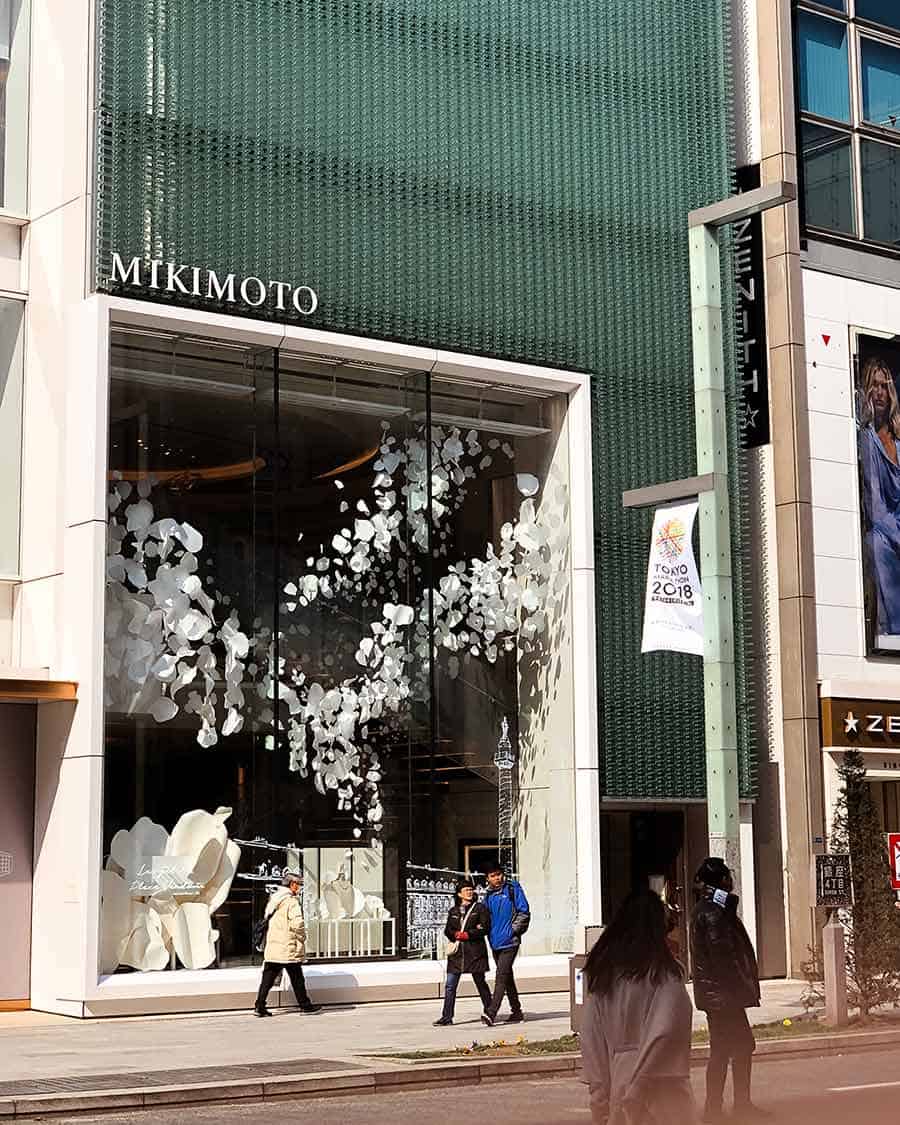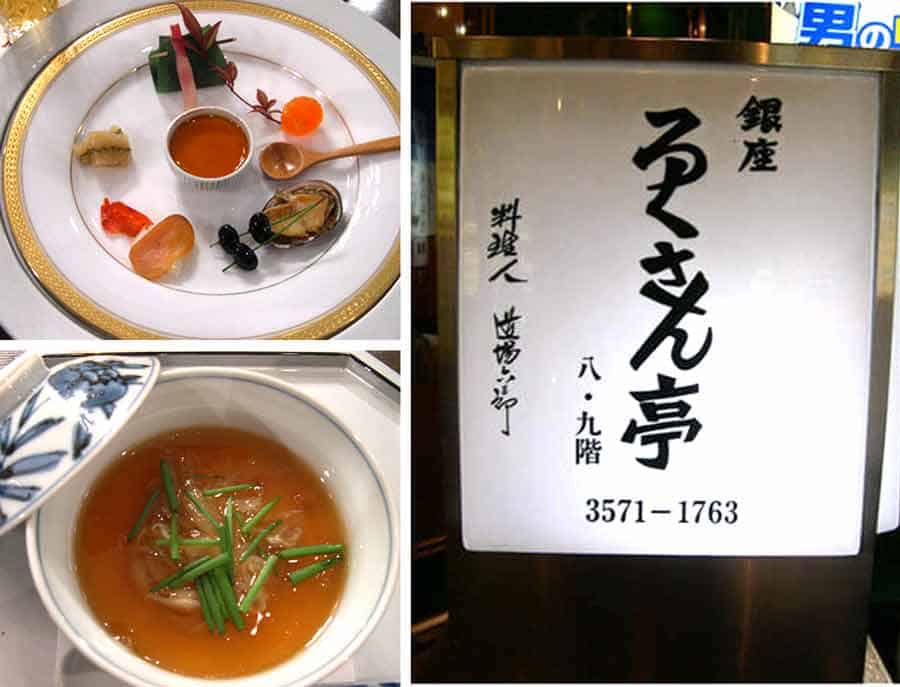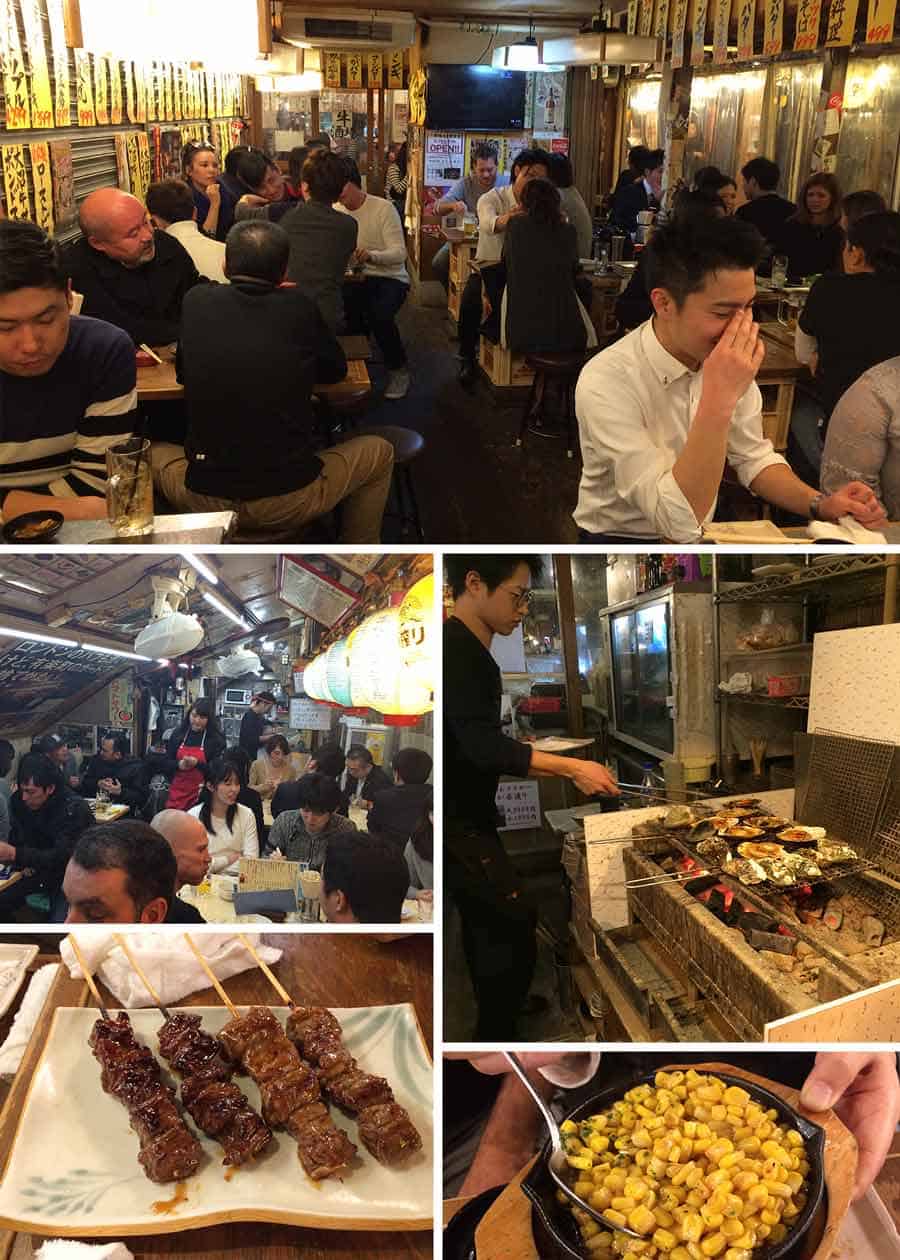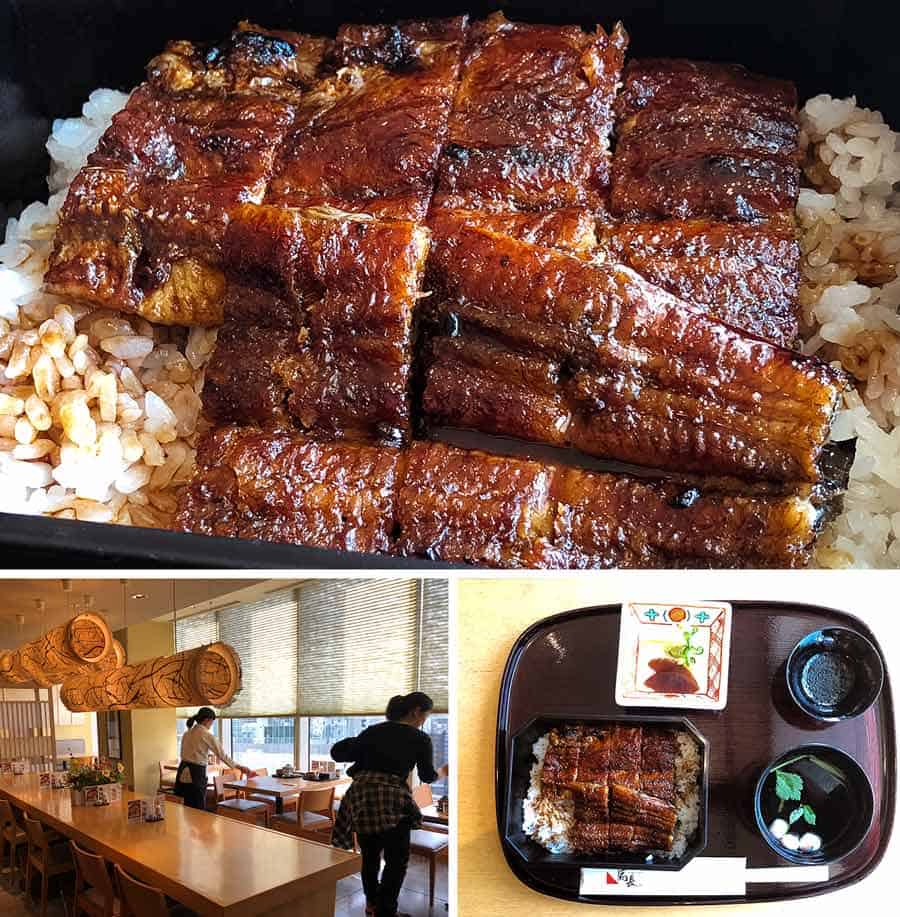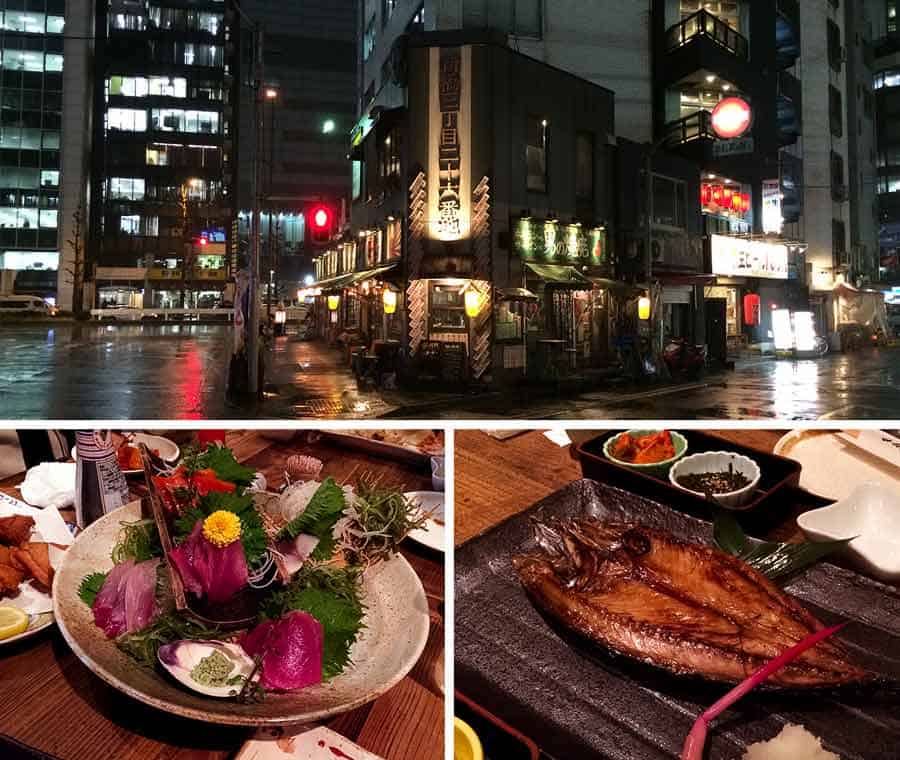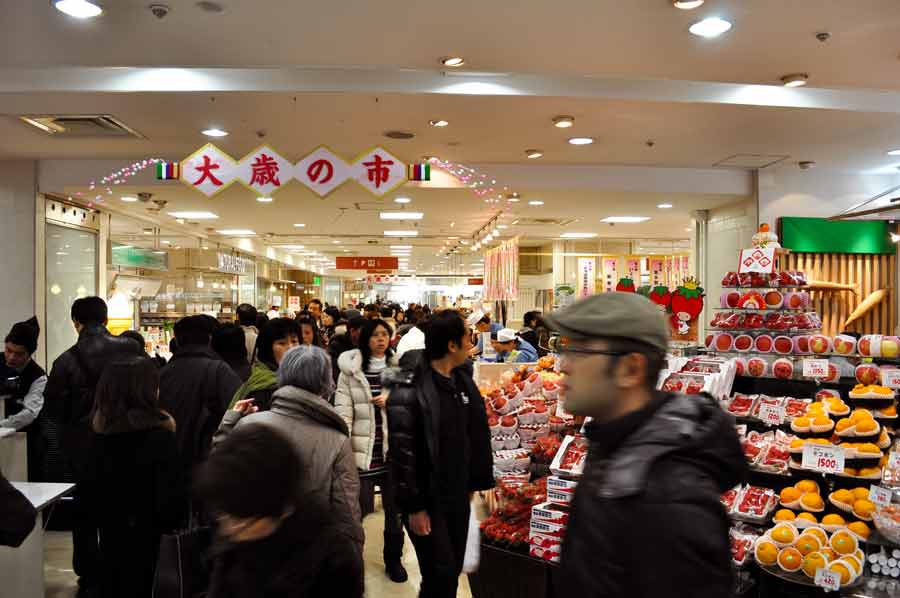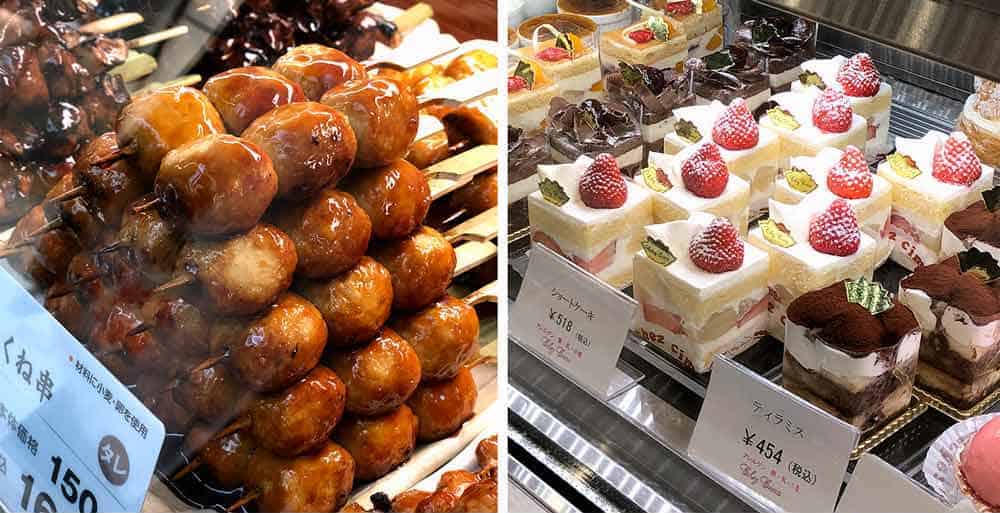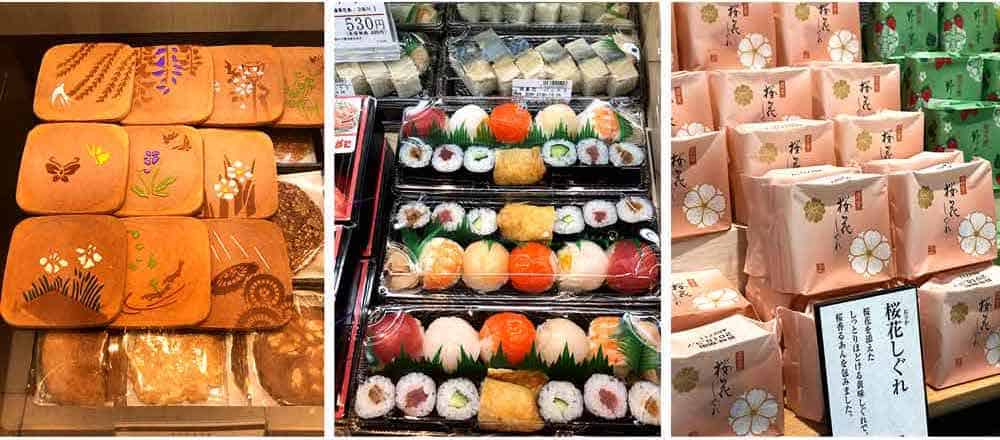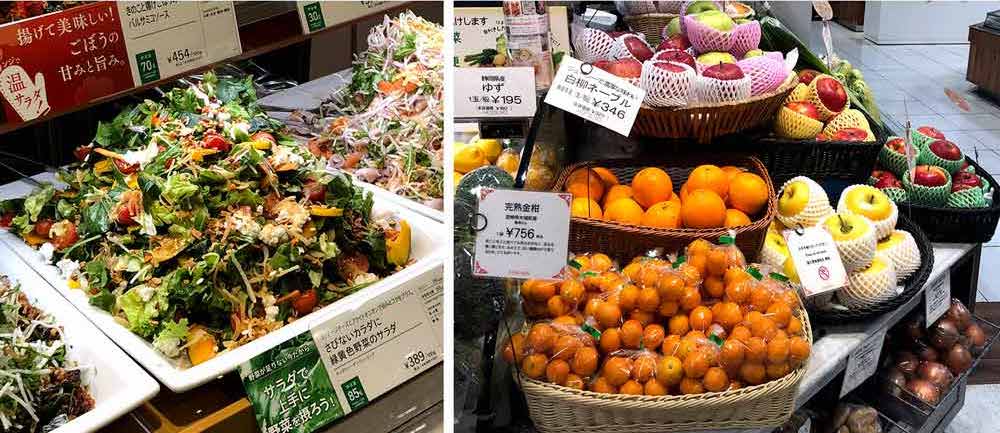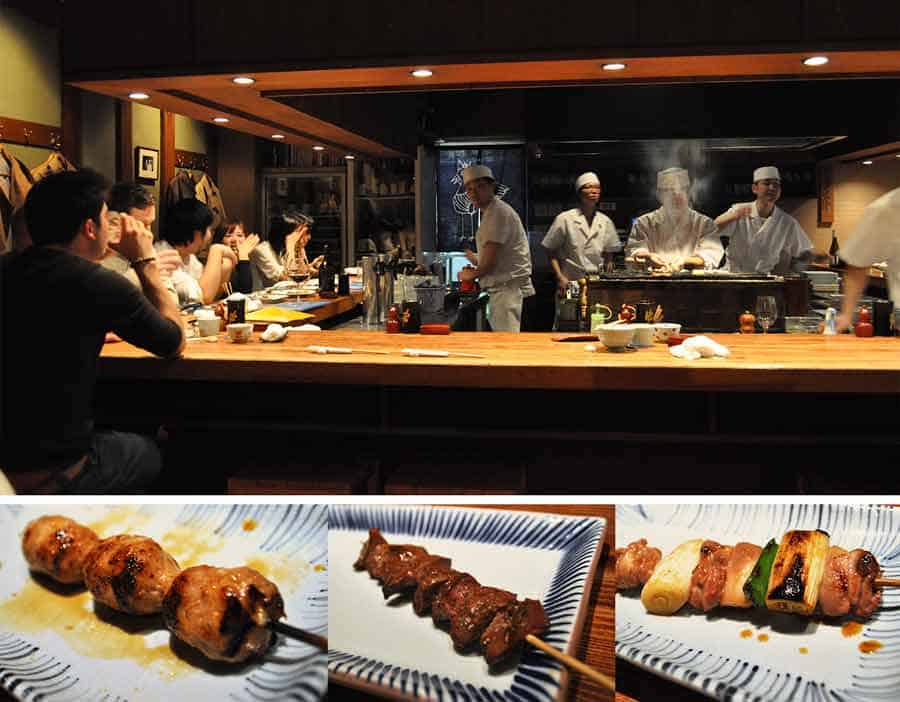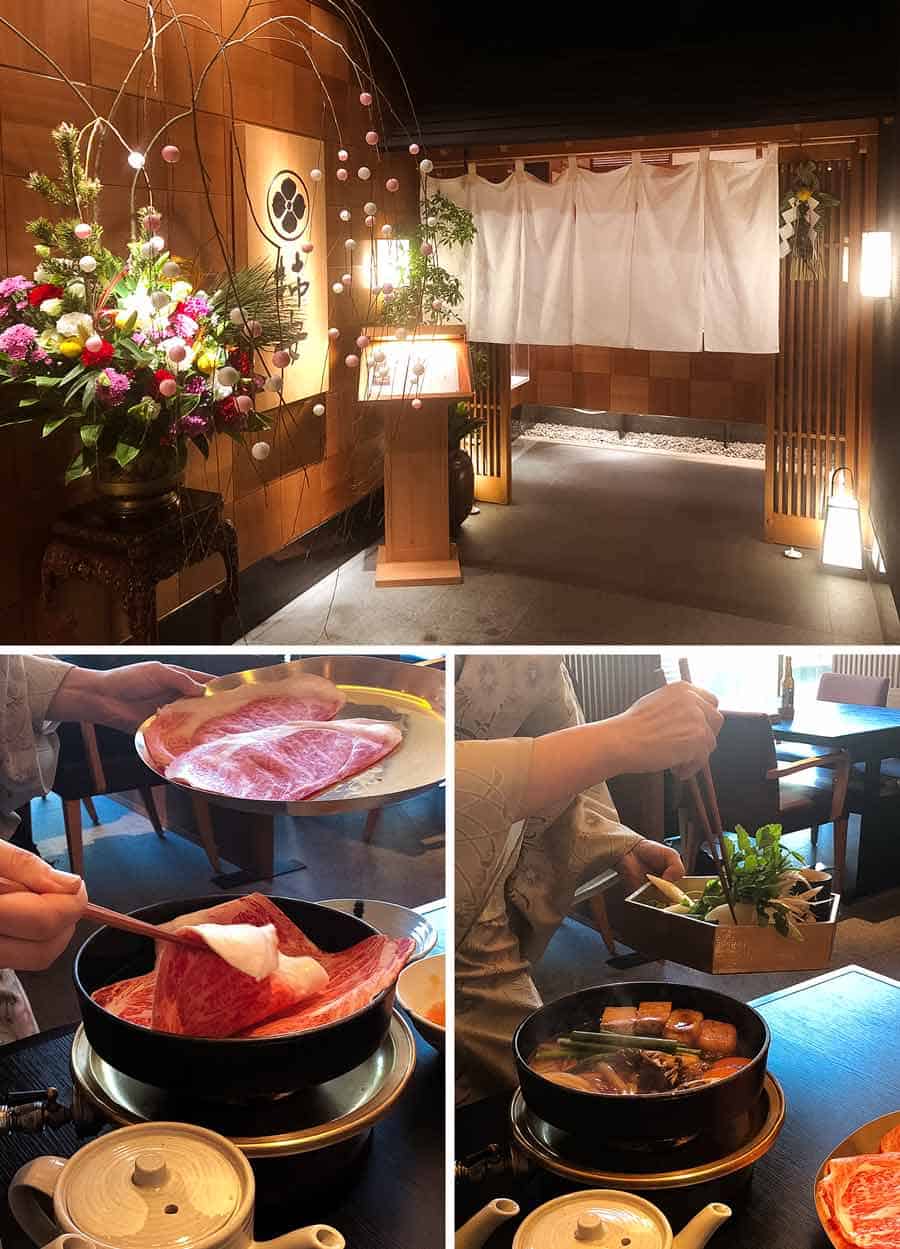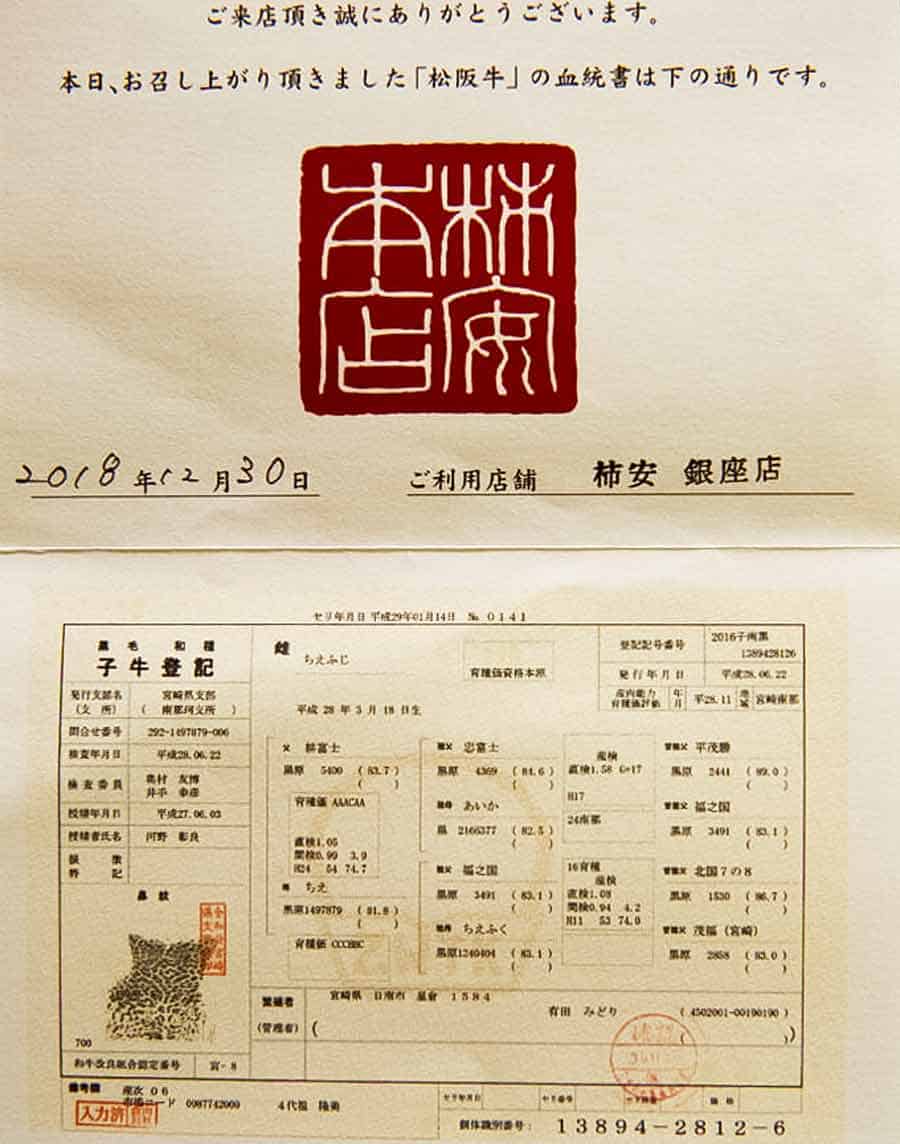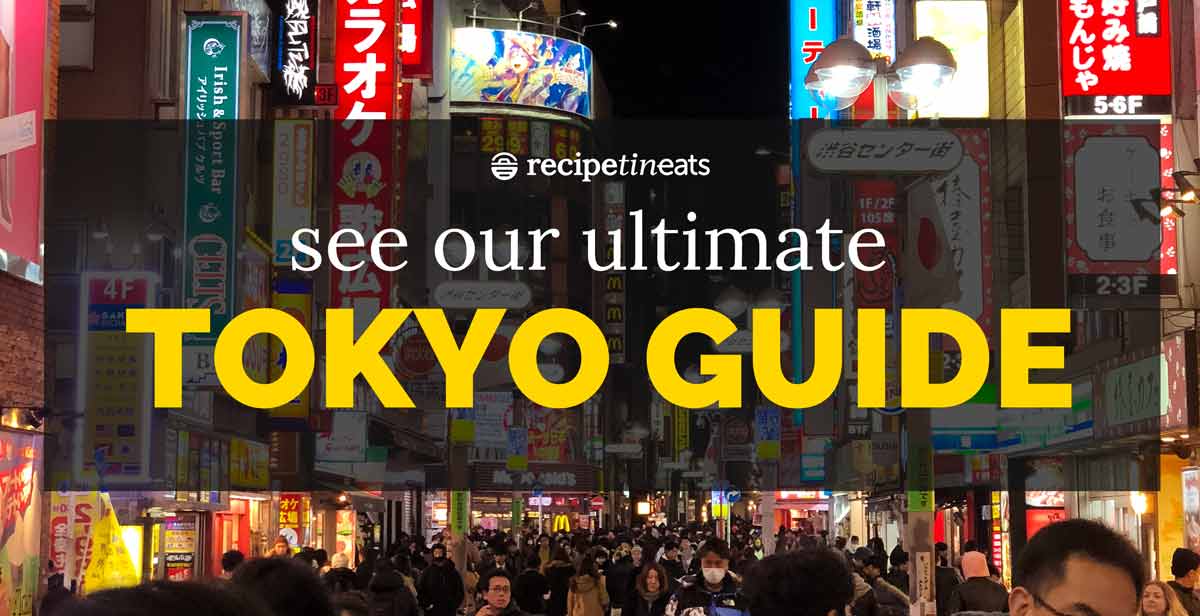Ginza is known as Tokyo’s high-end shopping mecca and the ritzy end of town, where some of the city’s best of retail, dining and entertainment can be found. Global designer brand stores, prestigious Japanese department stores, boutique outlets, as well as top-end restaurants – it’s all here for those with cash to splash! For the average visitor however there’s still plenty to see, buy and eat, and basking in the moneyed atmosphere of this glamorous part of Tokyo is all part of the experience. Don’t miss the giant food halls in the department stores!
Ginza
Ginza lies at the very heart of Tokyo, with rougher-edged Yurakucho to the west and salaryman hangout Shimbashi to the south. Its name, meaning “silver place”, still fits the glitzy shine and glamour that the area is best known for. Shopping and dining are the main draws for the crowds to Ginza. There are no famous temples to see here, unless you are talking about the many famous Ginza retail and gastronomic temples of the area. These though in essence are really the attractions in themselves for visitors to Ginza, where you can shop, eat and party well into the night! Famous Japanese department stores such as Mitsukoshi and Matsuya are part of what make Ginza so well known. Amongst these towering multi-level buildings (some 10 floors in height), at street level you’ll find a mix of global designer brands outlets, local luxury goods stores and boutiques, selling every accoutrement to fit the modern lifestyle. (See below for shopping recommendations!)
Ginza is equally famous for its dining, particularly at the high-end. Ginza alone claims no less than 43 Michelin-starred restaurants, all in an area that’s less than 1 square kilometre in size. Not every restaurant in Ginza though will melt your credit card. There’s masses of everyday and mid-range, affordable dining also available (including at a handful of the aforementioned Michelin restaurants, even). While we love a good restaurant splurge as much as the next food-lover, we enjoy chowing down at the scruffy dives under the nearby Yurakucho lines just as much. Speaking of foodie experiences, make sure you include a visit to the incredible food halls underneath all the major department stores. You might’ve been to others around the world but Japan’s are on another level! TIP: Weekends are the best time to visit Ginza. The main street (Chuo Dori) is pedestrianised, which makes for a much calmer and easier experience of strolling around Ginza.
Department stores
Japanese department stores are unlike any other in the world! Large footprints, some across multiple buildings, and most spanning over 10 floors. The most well-known Japanese department stores in the Ginza area are Mitsukoshi, Matsuya, and Wako, as well as the well-known Marui (“OIOI”) chain which is located just next to Ginza in Yurakucho. To borrow Manhattan analogies, think of Mitsukoshi as like the Bergdorf Goodman’s of Tokyo (ie. the most prestigious and traditional). Marui is more like Bloomingdales, while Matsuya and Wako fall somewhere in between. It’s worth buying something just to see the store attendants meticulously wrap your purchase, with the same level of care applied regardless of purchase value. Gift wrapping is an art in Japan! Word of note about sizing: The Japanese are small – and the vast majority are very slim!! So clothing and shoe sizes are on the small side. We don’t buy many clothes in Japan… 🤣
Other shops
Ginza Six – A gigantic, upscale shopping complex that’s opened recently on the old Matsuzakaya department store site. Eye-wateringly pricey clothing stores naturally abound, but there’s also a very hip branch of book store Tsutaya, as well as art, entertainment and plentiful dining options. Itoya – Yes this shop is a must for stationery obsessives, but this 8 level store is one of a kind and worth a gander just to marvel at stuff you didn’t know you ever needed or existed. It’s impossible to leave without buying something, trust us. There’s also an organic lettuce garden on the roof level with a cafe that serves the leaves in salads. Because, why not. Uniqlo – You’ve probably visited at least one outside of Japan, but here in Ginza is the largest and the flagship Uniqlo store. With 12 floors, this is Uniqlo HQ and has the widest selection of Uniqlo clothing in the world. Mikimoto pearls – The iconic Japanese pearls with a unique iridescent glow, these are arguably some of the best pearls in the world.
Best food in Ginza
You are spoilt for choice in Ginza. Famous Japanese-born Sydney chef Tetsuya Wakuda confesses that when he stays in Ginza sometimes he never leaves, because everything he could want is right around him. We’ve included a few recommendations that are in the adjacent areas of Shimbashi and Yurakucho. We especially recommend checking out the section on later (Yurakucho’s Gado-shita izakayas) – an unmissable experience for atmosphere that is about as real as it gets! KAISEKI At Ginza Rokusantei you can have the chance to taste the food of Rokusaburo Michiba, better known as the original Iron Chef Japanese from the 1990’s TV series Iron Chef. He is remembered on the show for his amazingly inventive takes on traditional Japanese food and impressive technique. Although it has been some years since we visited Ginza Rokusantei, the food looks as delicious now as then, and the kaiseki-style menu is still offered. As with all high-end kaiseki, this one is a splurge meal with courses ranging in price from JPY 6,000-8,000 for lunch, JPY 10,000-15,000 for dinner. Another restaurant owned by the former Iron Chef is Kaishoku Michiba, also in Ginza, which serves seasons culnary delights in Kaiseki-style. Ginza Rokusantei Address: 8-9F 8 Chome-8-7 Ginza Chuo-ku, Tokyo (Map) Phone: +81 3 3571 1763 Open: Mon-Sat 17:00-22:30 Website (Japanese only)|Tabelog page
YAKITORI and IZAKAYA Under the archways of the JR Yamanote railway lines leading out of Yurakucho station (just next to the Ginza area) is a well-known eating precinct called Gādo-shita. At both ends of the station (north and south) you will find countless izakaya and yakitori eateries where you can plonk down for a beer and some casual eats. There are also wine bars, beer halls and regular restaurants scattered throughout. The area has a brilliant character, and we are particularly fond of the south side of Yurakucho station where there are warrens of tiny alleys packed with lively, down-to-earth restaurants. You might find yourself sitting at makeshift tables propped up with bottle crates like a hipster dive, but this is as far from pretentious and close to the real things as it gets! Gādo-shita Address: 2 Chome Yurakucho Chuo-ku, Tokyo (Map)
UNAGI We had never tried Nagoya-style unagi (freshwater eel) until sitting down to some at Hitsumabushi Bincho Ginza. The unagi is grilled only (not steamed as well, as is usual) over special binchotan charcoal until crispy, giving the eel a deliciously smoky flavour. Nagoya-style eel also involves a particular way of serving (known as Hitsumabushi), where the eel on rice is enjoyed a number of different ways: plain, with condiments, and then also with green tea or broth added. If you feel like a more standard introduction to unagi, there are simpler sets. We’d recommend getting either the eel on rice bowl (smaller) or eel on rice box (larger) set with the soup and pickles. Servings are generous and come with a fair bit of rice, so you’re sure to be full. Hitsumabushi Bincho Ginza Address: Marronnier Gate 12F, 2 Chome-2-14 Ginza, Chuo-ku, Tokyo (Map) Also at: Marunouchi, Ikebukuro, Tokyo Skytree Town. Phone: +81 3 5159 0231 Open: lunch 11:00-15:30 (LO 15:00) daily, dinner Mon-Thu/Sun/PH 17:00-23:00 (LO 21:30), dinner Fri/Sat/pre-PH 17:00-23:00 (LO 22:00) Website (Japanese only)|Tabelog page
ROBATAYAKI We visited Shimbashi Robataya recently for a get-together with our relatives. The menu is seafood-heavy and you cannot go wrong with anything that gets the barbecue treatment of robatayaki (Japanese charcoal grilled cooking). Unfortunately there is no English menu (we also forgot to take a photo), and not much English is spoken. If you’re still keen and have internet access on your phone, you can try pointing at dish photos from the restaurant’s Tabelog entry or their Website which contains pretty good list of dishes they are serving! Shimbashi Robataya Address: 3 Chome-26-3 Shinbashi Minato-ku, Tokyo (Map) Phone: +81 3 3574 9165 Open: Mon-Thu/Sat/pre-PH 17:00-0:00 (LO food 22:50, drink 23:30), Fri 17:00-1:00 (LO food 22:50, drink 0:00), Sun/PH 16:00-22:00 (LO21:30) Website|Tabelog page
DEPACHIKA (FOOD HALL) On the B2 and B3 basement levels of Mitsukoshi department store you will find what we think is one of Tokyo’s best depachika (food hall). You will wander around in a daze in this subterranean universe of edible delights, mesmerised by the beautiful food carefully arranged for sale, as far as the eye can see. If you want a break from eating out or are trying to save money, depachika are an excellent place to pick up a DIY dinner or picnic, especially if you have the ability to reheat food. We like to also swing by at the end of the day to pick up pastries or light meals for breakfast the following day. Of course, this is also an excellent place to pick up elegant food gifts to take home. One thing to note is some shopkeepers do not like the food being photographed, so ask. Also don’t walk around the food hall eating something you have bought, as this isn’t something the Japanese do.
YAKITORI While we will always love chomping cheap and cheerful yakitori in pokey joints under the Yurakucho rail lines, even simple barbecued chicken skewers can also be elevated to a fine dining art form in Japan. Bird Land has held a Michelin star for serving nothing but yakitori since the guide began covering Tokyo. Here over a number of courses you can taste cuts of chicken cooked to perfection at a grill in the centre of the room by masterful chefs. Oyakodon (chicken and egg on rice) served at the end of the meal is another superb example of humble food taken to another level of deliciousness. Prices are steep for what you may think is just a street food, but a visit will change your mind about what yakitori can be. This restaurant is just opposite the world famous Jiro sushi restaurant, which should make it fairly easy to find. Bird Land Address: B1F Tsukamotosozan bldg., 4 Chome-2-15 Ginza Chuo-ku, Tokyo (Map) Phone: +81 3 5250 1081 Open: Tue-Sat 17:00-21:30, Mon/Sun/PH closed Website (Japanese only)|Tabelog page
SUKIYAKI and SHABU SHABU With its elegant entranceway, high ceilings and kimono clad waitresses shuffling along its corridors, there is an atmosphere of quiet formality inside wagyu beef restaurant Kakiyasu. That might be because the meat in question is a serious business here. Various grades and breeds of beef are on offer, served a variety of ways including sukiyaki (cooked for you by your waitress at the table with the more expensive sets), shabu shabu, grilled and set meals.
Those with deeper pockets might also consider upgrading to Matsusaka beef, regarded as amongst the finest wagyu beef in Japan (and thus the planet, really). You’ll even be presented with a certificate of authenticity bearing an imprint of the cow’s nose like a fingerprint. Like we said, serious stuff. Kakiyasu Address: 7F GINZA gCUBE, 7 Chome-9-15 Ginza Chuo-ku, Tokyo (Map) Phone: +81 3 3289 3771 Open: lunch 11:30-15:00 (entry by 14:00, LO 14:30) daily, dinner 17:00-22:00 daily Website (Japanese only)|Tabelog page
How to get to Ginza
You can get to Ginza station by taking any of the following Metro lines that takes you to the centre of Ginza.
Tokyo Metro Ginza Line Tokyo Metro Marunouchi Line Tokyo Metro Hibiya Line
You can also take the JR Yamanote Line or the JR Keihin-Tohoku Line and get off at Yurakucho station. Ginza is only 5 minutes’ walk from there. Read the Tokyo Trains section in the Tokyo Travel Guide for information on travelling on trains, and how to figure out which trains to catch where!
Ginza Area Map
How to use this map
By restaurant name – Click the icon on the top left to reveal our list of recommended restaurants in this area (see above for more information on each restaurant). Then click on the restaurant for more information about that restaurant as well as highlighting the marker on the map. Zoom in and out by clicking the + and – on the bottom left. Large view – Click the icon on the top right to open a new tab to view the map in full screen. Click a marker on the map to reveal more information about the restaurant.
See our Tokyo Guide!
Born in Japan, raised in Australia, Sydney is our hometown, but Tokyo is our playground. This Tokyo Travel Guide is a culmination of a lifetime of travelling to Tokyo, condensed into one place!!
Asakusa / Shinjuku / Shibuya / Harajuku / Tokyo Station / Imperial Palace / Ginza / Ueno / Akihabara
